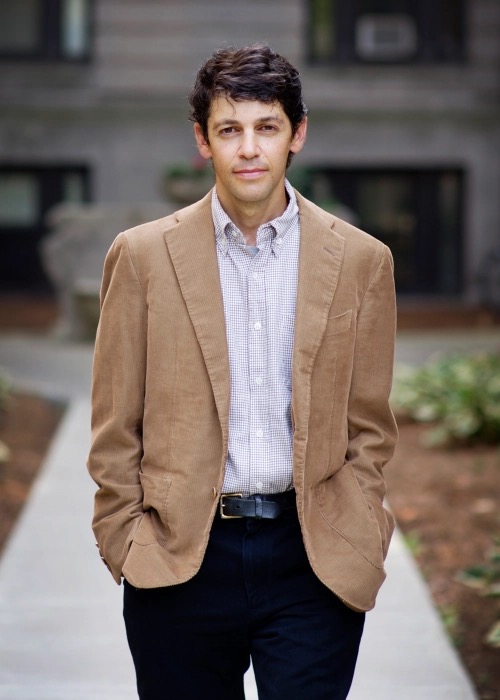July 2023: Dr. Ray Fisman (CAS Economics)
 Ray Fisman, Professor of Economics (College of Arts and Sciences), holds the Slater Family Chair in Behavioral Economics at Boston University. Prior to joining the Economics Department at BU, he was the Lambert Family Professor of Social Enterprise and co-director of the Social Enterprise Program at Columbia Business School l. Professor Fisman’s research—focused on political economy and behavioral economics—has been published in leading economics journals including the American Economic Review, Journal of Political Economy, and Quarterly Journal of Economics. His work has been widely covered in the popular press, in such outlets as the New York Times, Wall Street Journal, Financial Times, The Economist, and The Washington Post. His most recent book, Risky Business: Why Insurance Markets Fail and What to Do about It (co-authored by Amy Finkelstein and Liran Einav), was published by Yale University Press in January 2023. Learn more about Professor Fisman in his full interview below.
Ray Fisman, Professor of Economics (College of Arts and Sciences), holds the Slater Family Chair in Behavioral Economics at Boston University. Prior to joining the Economics Department at BU, he was the Lambert Family Professor of Social Enterprise and co-director of the Social Enterprise Program at Columbia Business School l. Professor Fisman’s research—focused on political economy and behavioral economics—has been published in leading economics journals including the American Economic Review, Journal of Political Economy, and Quarterly Journal of Economics. His work has been widely covered in the popular press, in such outlets as the New York Times, Wall Street Journal, Financial Times, The Economist, and The Washington Post. His most recent book, Risky Business: Why Insurance Markets Fail and What to Do about It (co-authored by Amy Finkelstein and Liran Einav), was published by Yale University Press in January 2023. Learn more about Professor Fisman in his full interview below.
What made you decide to be a social scientist/ why does social science matter to you?
I was a math geek when I was a kid, but also interested in environmental activism. When I got to college and learned a bit about economics, I thought it’d be a good way of combining these interests. But later on, in grad school, I realized that while I cared about environmental issues I wasn’t much interested in environmental economics as a field of study. I ended up working on economic development, and corruption specifically. I like to think that understanding problems better – and highlighting some of the problems that are most compelling – is the first step to finding better solutions. I hope that’s what we as social scientific researchers can provide.
Can you tell us about a recent research project that you’re excited about?
I have a long-running series of projects on hidden influence in U.S. politics. Right now we’re looking at how large investors (so-called institutional investors like Vanguard and Fidelity) influence the political activities of the companies that they invest in. It’s yet another way that well-resourced individuals and entities have a disproportionate impact on U.S. politics.
What is the best piece of professional advice you ever received?
Just start writing!
What is your favorite course you’ve taught at BU?
I love the two courses I teach currently – political economy to PhD students and behavioral economics to undergraduates. Asking which I prefer is like asking which of my children I like better.
Tell us a surprising fact about yourself.
I disappeared in the Mosquito Coast for a month or so in the mid-1990s. Long story. My mother literally has to leave the room if I ever try to tell it.